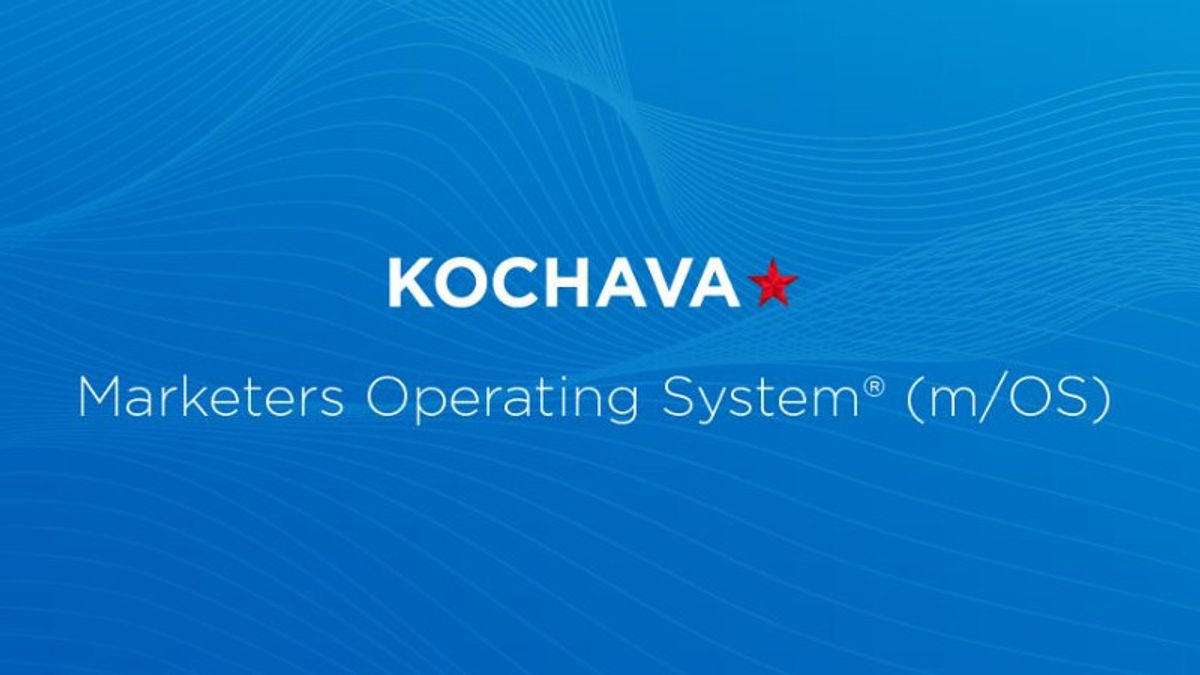JAKARTA - The US Federal Trade Commission (FTC) on Monday, August 29, sued a data broker based in Idaho, Kochava Inc for selling geolocation data from hundreds of millions of mobile devices that can be used to track consumers.
The FTC says consumer data can be used to track the movement of people to and from sensitive locations including "productive health clinics, places of worship, homeless shelters and domestic violence, and addiction recovery facilities." Kochava responded by calling the FTC's actions "sybrano."
This issue drew attention after the Supreme Court's decision in June overturned Roe vsnet's decision which for decades guaranteed constitutional rights to abortion. The tech industry has alarmed police or other entities that can access customer search history, geolocation, and other information that reveal pregnancy plans.
"The FTC has a fundamental misconception about the data market business of Kochava and other data businesses. Kochava operates consistently and proactively in accordance with all laws and regulations," said Brian Cox, Kochava's general manager.
Kochava said it had been in talks with the FTC for weeks and recently announced a function in work to block geolocation data from sensitive locations.
The lawsuit seeks to stop selling sensitive geolocation data on Kochava and requires the company to remove the sensitive geolocation information it has collected.
"Where consumers seek health care, receive counseling, or celebrate their faith is personal information that should not be sold to the highest bidder," said Samuel Levine, Director of the FTC Consumer Protection Bureau. "The FTC brought Kochava to court to protect people's privacy."
SEE ALSO:
The FTC says Kochava bought a lot of location information from other data brokers in hundreds of millions of mobile devices packed into customized data. They then sell the data to clients including retailers who only want to see pedestrian traffic.
The FTC alleges that Kochava failed to adequately protect its data from public exposure and until at least June "allowed anyone with little effort to obtain large samples of sensitive data and use them without restrictions."
Democratic Senator Ron Wyden praised the FTC's actions by saying it had worked "to protect Americans from fraudulent data brokers trying to sell personal reproductive data for profit in post-Roe America."
The data from Kochava reviewed by the FTC is timely location data collected from more than 61 million unique mobile devices the previous week.
The FTC lawsuit says consumers can subscribe to Kochava'a feed data through the Amazon Web Services market until June. The FTC lawsuit says Kochava has confirmed that it offers "rich geodata that includes billions of devices globally."
In July, Alphabet's Google said it would delete location data showing when users visit abortion clinics, following concerns that digital traces could inform law enforcement if someone wanted to end their pregnancy illegally.
Earlier this month, the FTC said it was considering writing rules to better protect Americans' privacy and crack down on businesses gathering personal information that are far within reach without a full consumer understanding.
The English, Chinese, Japanese, Arabic, and French versions are automatically generated by the AI. So there may still be inaccuracies in translating, please always see Indonesian as our main language. (system supported by DigitalSiber.id)

















